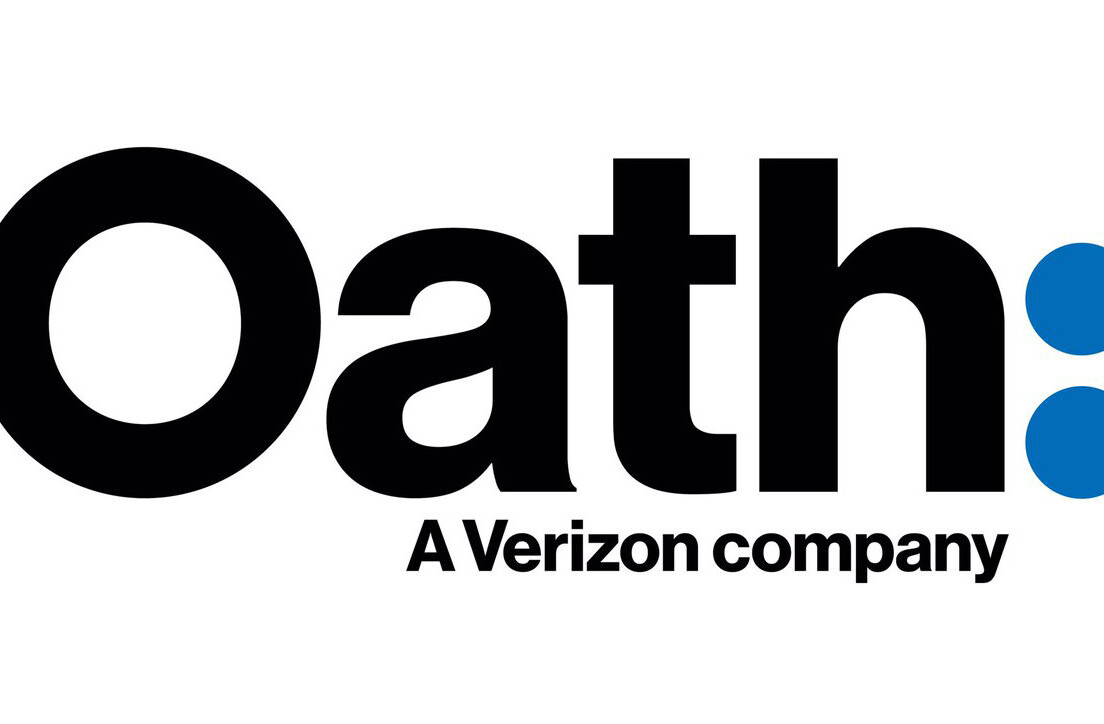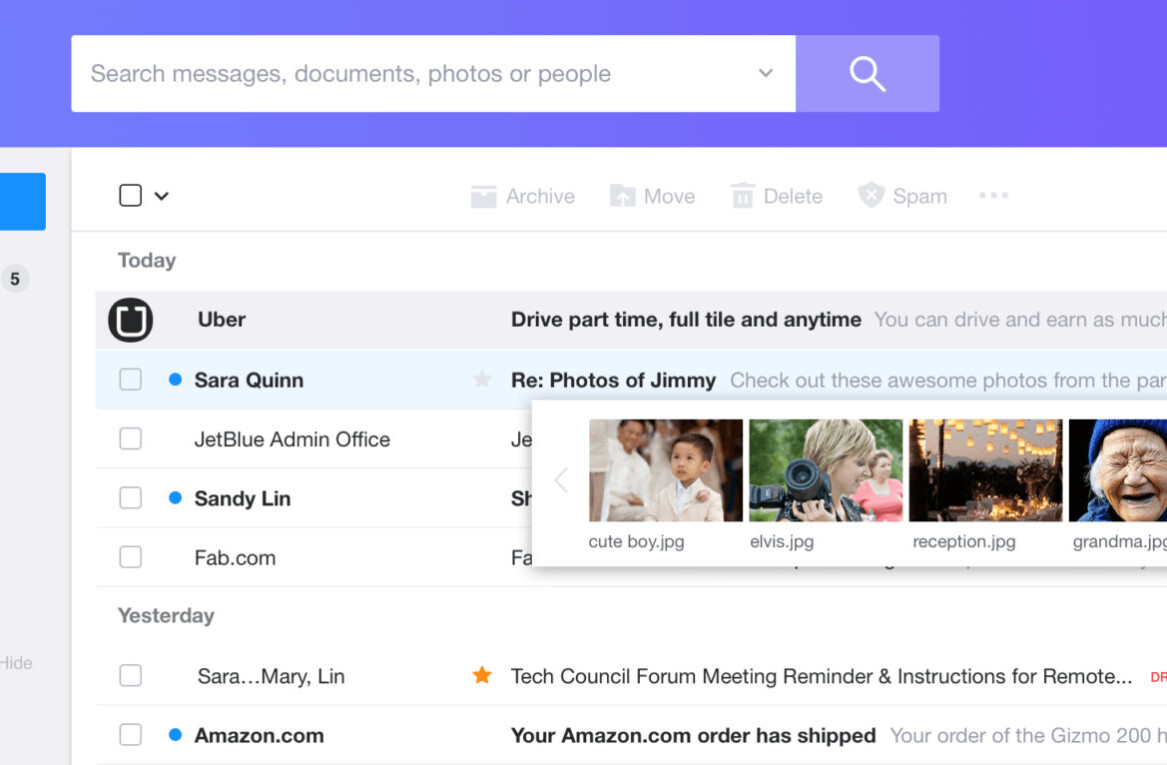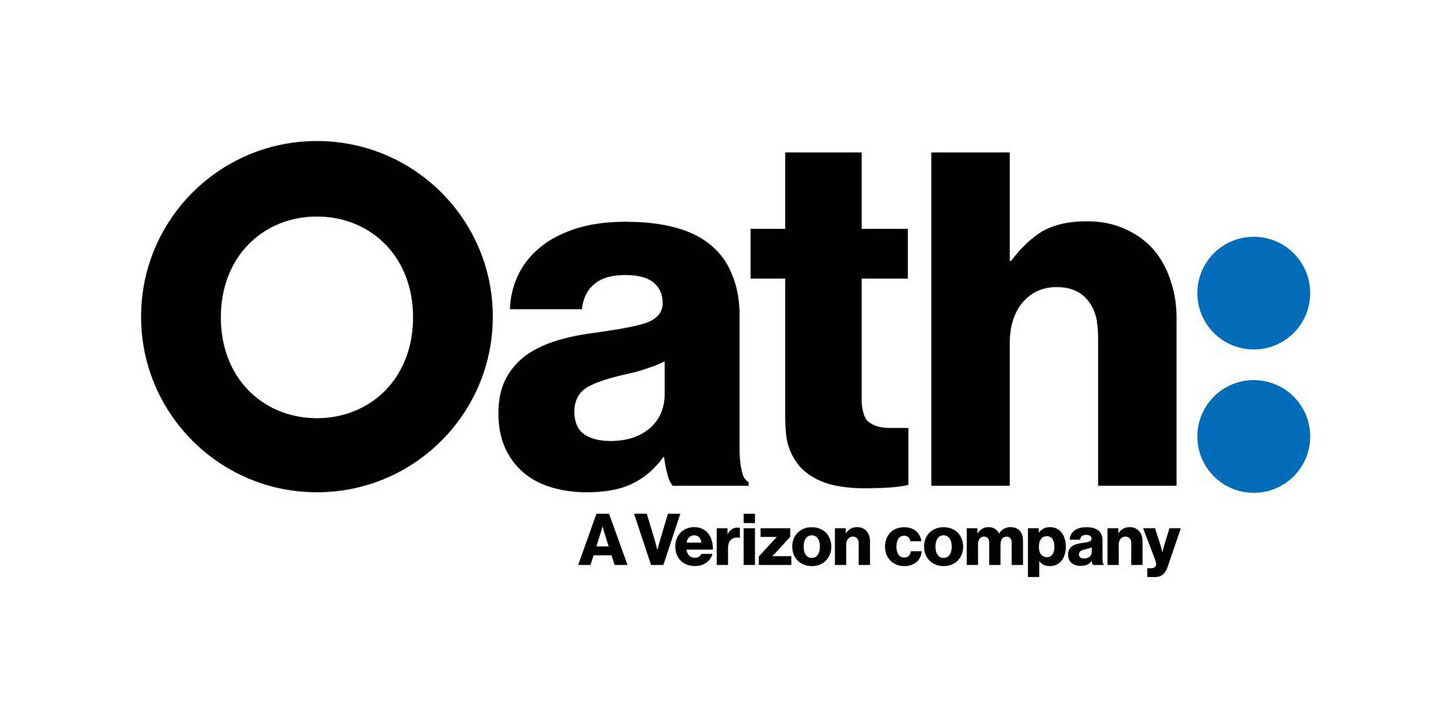
Albert Song is VP of Product Design at Yahoo, and leads the company’s design efforts across mobile and desktop. He was at the forefront of implementing a new design language initiative for products that now delight, connect and inform over one billion users everyday.
Under his leadership Yahoo received two consecutive Apple Design awards. For an insight what lies behind this success, read on for highlights from Song’s AMA interview here on TNW.
Honing your approach – big company vs. startup
It’s important to be aware of the context you’re designing within. Big brands have to reach a broader audience while startups usually focus on a niche. In Albert’s experience, smaller audiences respond better to experimentation and changes.
The reason for this is that they’re on a journey with the startup, which opens up room for a lot of exploration. But designing for bigger audiences is a bit more complicated.
When you’ve been around for a long time and have a loyal user base, they normally are change averse. You’re challenged to find a balance between bringing them new, innovative experiences and also not changing the things that they’re used to and love.
When Yahoo first started to ship mobile products, we had a lot of freedom to explore and each product felt like its own little startup. As the products matured, it was important to be more strategic about how we roll out new features and design became more about fine tuning and finesse.
However, the key thing for any design, no matter the size or reach, is to remember that the user always comes first.
We are always looking at what is the best for our users. The biggest consideration is the platform we’re designing for. We look at what the right product functionalities are to keep or remove for mobile vs. desktop and simplify flows to allow for a faster experience.
When we try to make bigger UI or navigational changes we run into another pain point. Because we have a lot of long time users who don’t like change, we have to plan how to onboard people and make the change less jarring.
Designing for a big brand means finding the perfect balance between listening to what users want and introducing them to new features that they didn’t know they wanted. In order to achieve this, you have to have a lot of flexibility in your design.
Living design language
Yahoo’s brand is far from being simple with tons of products, both for mobile and desktop, along with spanning different platforms such as utility, news and communications. For Albert the main challenge is keeping consistency between products, that’s why it’s important to have a highly adaptable design language.
Creating a design system that covers all of these product types and platforms, while still maintaining personality, is a super exciting problem to be working on. That paired with the fact that I personally get sick of my own designs very quickly, so sometimes by the time we’re done I already want to change it. So, adding in the aspect that the design language has to be “living” and ever-evolving is another layer of fun.
Albert also says that the design must adhere to the constraints of the platform. There’s no point in focusing on aesthetics if it will come down on functionality.
Performance constraints are healthy constraints for designers to challenge themselves. You need to know the medium you’re designing for. No one wants designs that are so expensive that scrolling a feed is janky or you can see the battery drain while you wait for an excessive transition to play out — doesn’t matter how beautiful it is, it’s just a distraction.
It can be hard to compromise on your design but if it doesn’t provide users with a better experience, it’s useless. At the end of they day, utility is as much part of the designer’s job as aesthetics, or as Albert puts it:
[W]e create the look and feel of these things you touch every day and try to add delight, make them more beautiful, and easier to use.
Check out the full AMA with Albert Song for more design insights. If you’d like to read more AMAs with the world’s most influential thought leaders in business, design and technology, check out our upcoming and past sessions.
Get the TNW newsletter
Get the most important tech news in your inbox each week.




